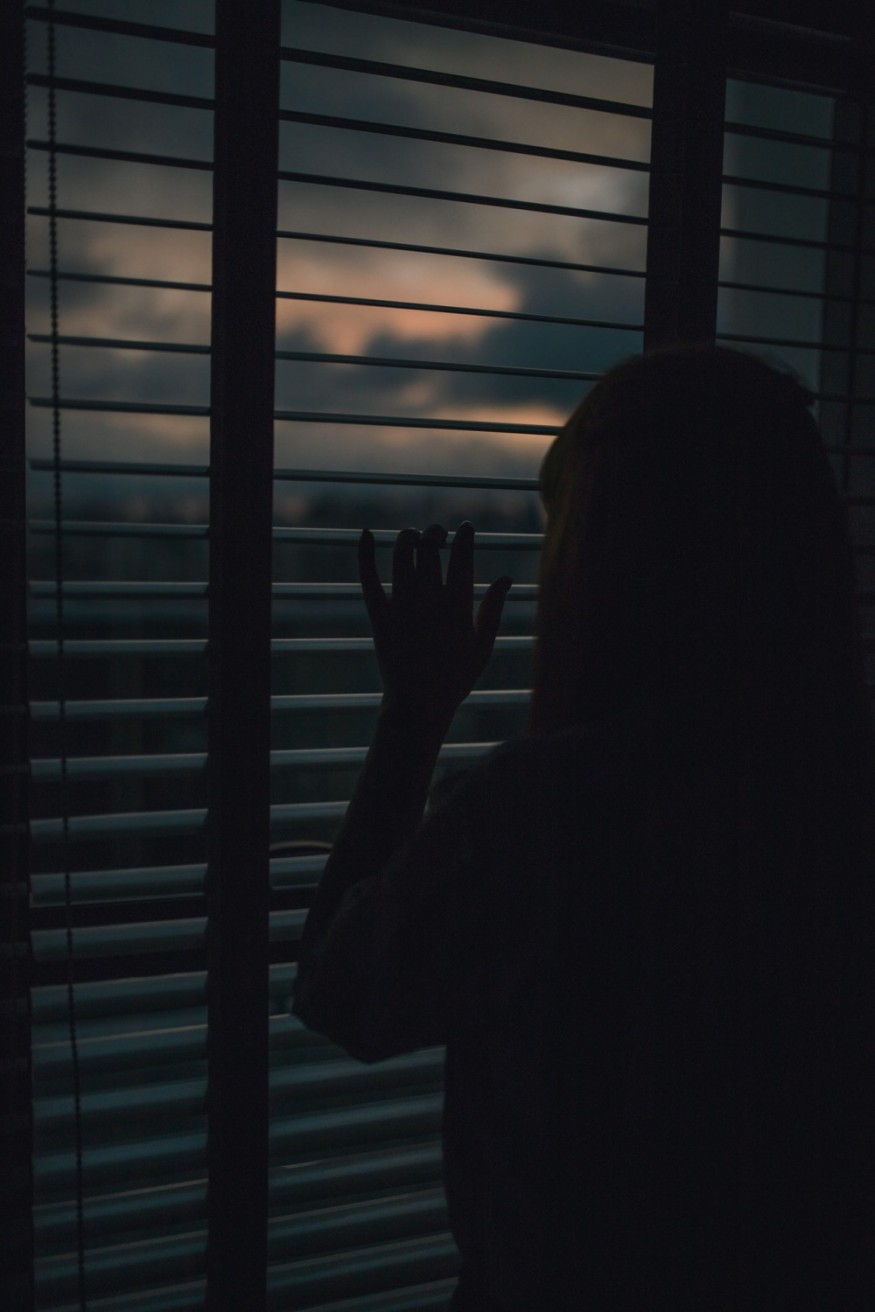According to a new study, schizophrenia may be one of the leading risk factors for dying from COVID-19, second to age.

Previously conducted studies suggest that patients with mental illnesses, especially schizophrenia and depression--conditions that cause distortions in perception--have a higher risk of contracting the SARS-CoV-2 virus.
Link Between Schizophrenia and COVID-19 Deaths
In a new study published on JAMA Psychiatry on January 27th, researchers analyzed health records from 260 outpatient clinics and 4 hospitals across New York City and data published by the New York University.
Scientists then divided patients positive with COVID-19 into three groups: A. Schizophrenia spectrum, B. Mood disorder, or C. Anxiety disorder. Comparing patients with mental illnesses to those with no record of psychiatric disorders. Researchers considered sex, race, age, known risk factors for COVID-19, diabetes, high blood pressure, heart conditions, smoking, and cancer into their hypothesize.
This revealed that out of roughly 7,000 adults that tested positive for COVID-19, 75 patients had a history of schizophrenia, 564 had a history of mood disorders, while 360 had an anxiety disorder.
In total, 864 patients either died from COVID-19 or were discharged to a hospice within 45 days post-diagnosis.
Researchers, however, did not find any link between anxiety or mood disorders and deaths from COVID-19. On the other hand, patients with schizophrenia were roughly 2.7 times more likely to die from the virus than those with no mental disorders.
This makes schizophrenia the second highest risk factor of dying from COVID-19, second to age.
In comparison, patients between 45 and 54 were 3.9 times more likely to succumb to COVID-19 than younger patients. Risks double every 10 years after the age of 54 regardless of mental disorder.
Meanwhile, patients with diabetes or heart failure had 1.28 times and 1.65 times higher risk of dying from the virus, respectively.
What is Schizophrenia?
According to the American Psychiatric Association, schizophrenia affects less than 1% of the US population. At the same time, the World Health Organization reports that roughly 20 million worldwide are affected by said chronic brain disorder.
When active, symptoms can include hallucinations, delusions, trouble with thinking, disorganized speech, and lack of motivation. Treatments are helpful with most symptoms and diminish the recurrence of schizophrenia.
Unfortunately, there is no cure for schizophrenia, but researchers are leading for innovative and safer treatments. Health experts are also beginning to unravel the causes behind the disease by looking into genetics, advanced imaging, and behavioral research.
Predicting Schizophrenia's Link to COVID-19 Deaths
Dr. Donald Goff, a psychiatry professor from the NYU School of Medicine, says, "It is both expected but also surprising" Patients diagnosed with schizophrenia are expected to have shortened life expectancies by roughly 20 years on average, and many die early due to viral illnesses and pneumonia.
Researchers are currently conducting more studies to determine whether biological reasons are to blame as to why patients diagnosed with schizophrenia have a higher risk.
RELATED STORY : Revolutionary COVID-19 Treatment Discovered in a Cancer Drug
Check out more news and information on COVID-19 on Science Times.
© 2026 ScienceTimes.com All rights reserved. Do not reproduce without permission. The window to the world of Science Times.










